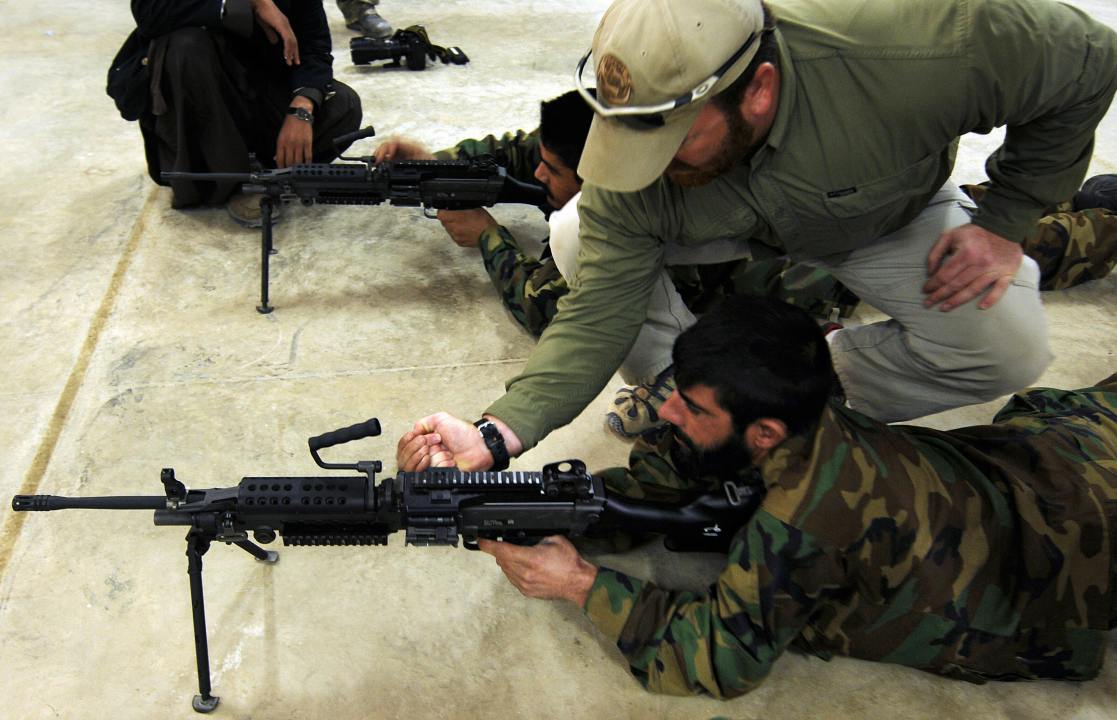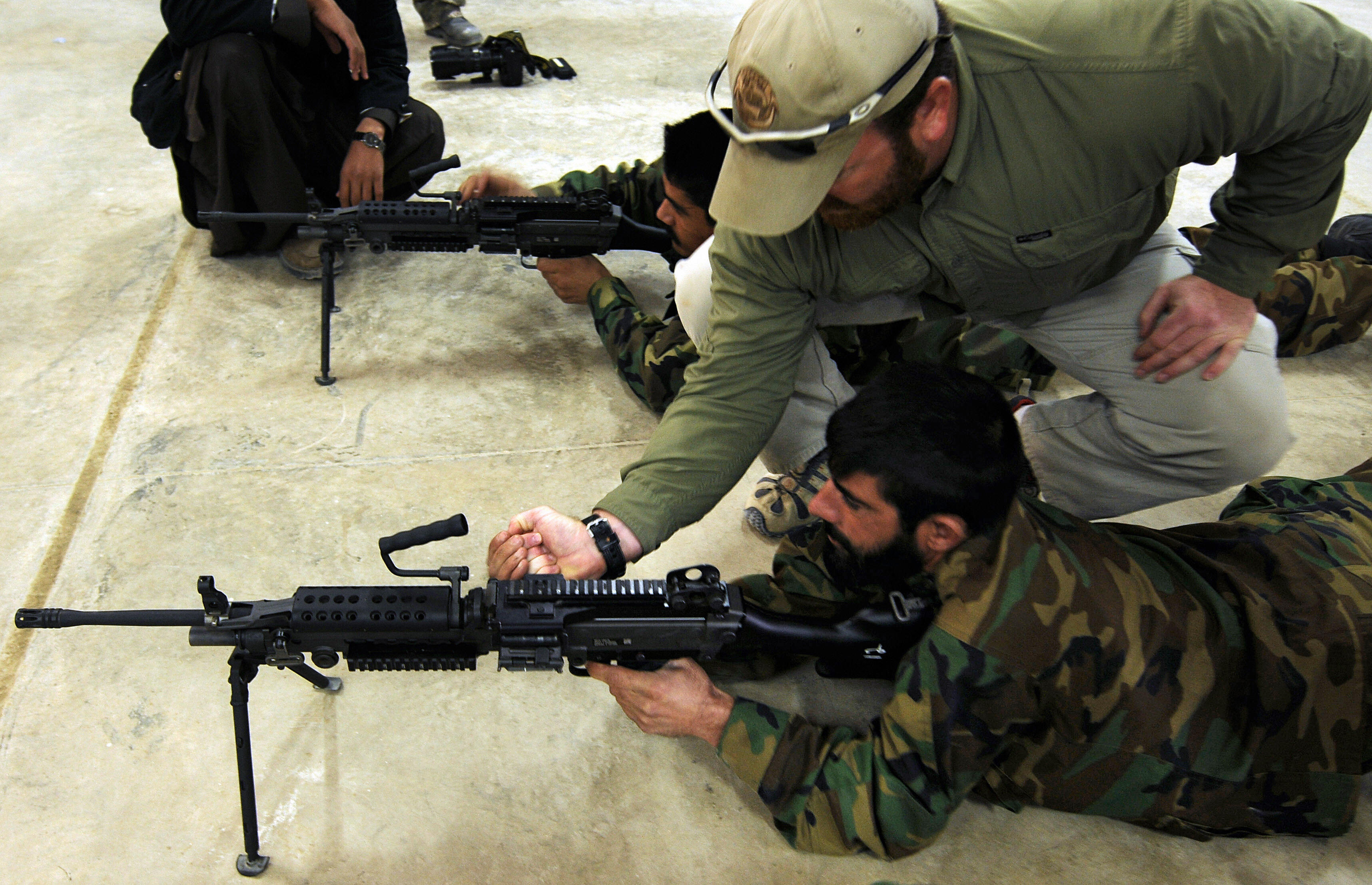 Kabul
Kabul
They look very impressive, marching around a rain-soaked square while their US-trained Master Sergeant sends a punishing salvo of parade instructions their way. These new recruits in the Afghan army represent Afghanistan’s proudest post-2001 achievement. I spoke to dozens of them from all of Afghanistan’s ethnic groups, saw their commander and watched several live-fire drills.
Now, as the New York Times reports, President Obama is planning to double the security forces. From a projected troop strength of some 130,000 plan the plan is to create a force of about 400,000 Afghan troops and police officers. But, after today’s visit to the Afghan army, I am clear that such a policy will run into a number of problems.
First it will make it impossible for the Afghans to pay for their own army for at least the next fifty years as its costs will dwarf the national budget. Second, there is simply not the training capacity – facilities, trainers, equipment – needed to double the training output. Even now the US struggles to fill the personnel billets. If the US moves to a regional training system rather than training everyone in Kabul as it does now, it may be more difficult to create multi-ethnic units from the beginning.
Third, and related to this, the army already suffers from a dearth of Pashtuns from the southern parts of the country, which makes is potentially unrepresentative among the very people the insurgency draws its strength from.
Fourth, there are not enough officers to fill the current army. How the US will get double the amount without compromising standard is unclear. The final point is more political. Conrad Schetter, one of Germany’s foremost Afghan experts and one of my travel companions argues that doubling the army will have wider societal effects – like drawing people away from other trades and potentially even increasing violence in the short-term.
None of this means Obama’s strategy is flawed; but it means there are clear problems that have to be addressed and risks mitigated once the headline-grabbing policy has been rolled at next week’s Hague conference.







Comments